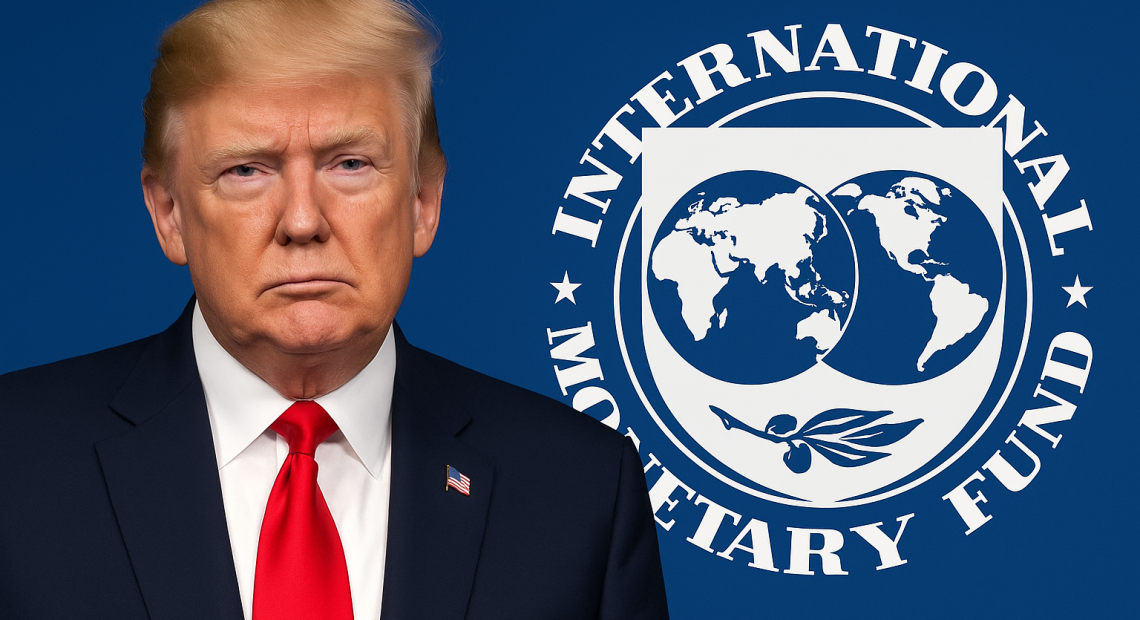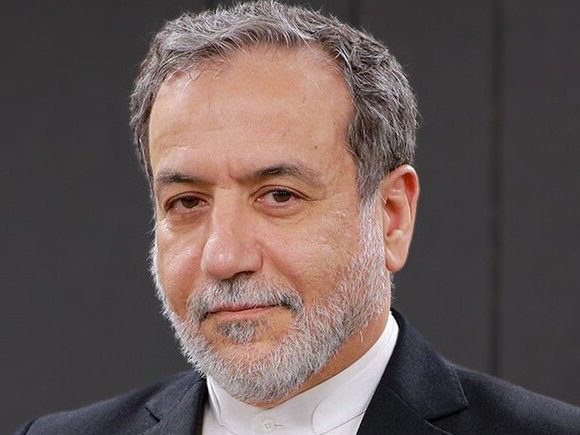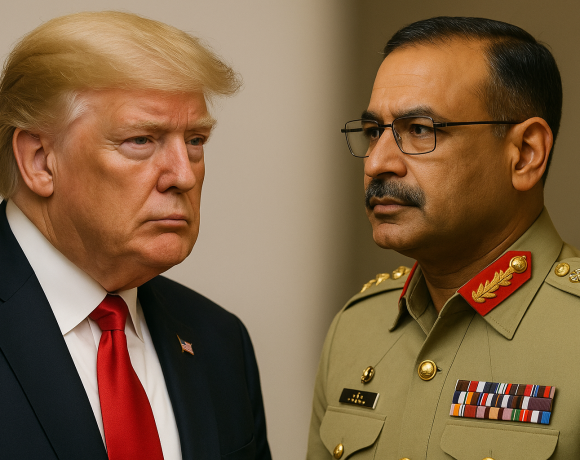
Trump Criticized Over IMF’s $1 Billion Bailout to Pakistan
Michael Rubin, a former Pentagon official and senior fellow at the American Enterprise Institute, has launched a scathing critique against the Trump administration for not opposing the recent $1 billion IMF bailout granted to Pakistan. In a sharply worded op-ed, Rubin described Pakistan as a “terror-addled, pro-China regime” and questioned why the U.S. continues to support international financial decisions that contradict its strategic and security goals.
Rubin argued that by greenlighting IMF funds for Pakistan, the United States is effectively enabling a state that openly supports terrorism and serves as a proxy for Chinese influence in South Asia.
IMF Bailout Seen as Strategic Misstep
According to Rubin, the bailout not only strengthens a country with a long history of sheltering terrorists but also indirectly funds China’s geopolitical projects—specifically the China-Pakistan Economic Corridor (CPEC). He warned that U.S. taxpayer dollars, funneled through the IMF, are now sustaining a regime deeply indebted to Beijing and hostile to American allies like India.
Rubin emphasized that the IMF’s loan undermines the very foundation of U.S. foreign policy in Asia, particularly at a time when the Indo-Pacific region is witnessing growing tensions over Chinese expansionism.
Rubin Urges Reassessment of U.S. Support to IMF
In his criticism, Rubin called on the Trump administration to reassess its support and funding to international bodies like the IMF. He noted that while the U.S. remains the IMF’s largest contributor, it exercises little oversight on how funds are disbursed—especially to governments involved in destabilizing activities.
He suggested that America should leverage its financial stake to enforce stricter guidelines on recipient countries, particularly those accused of sponsoring terrorism or aligning with adversarial powers.
India Reacts Strongly to IMF’s Move
The Indian government has officially expressed concern over the IMF’s decision, particularly in light of the recent Pahalgam terror attack in which 26 civilians were killed. The attack was reportedly carried out by terrorists linked to Pakistani groups, prompting India to request a formal review of IMF’s financial support to Islamabad.
New Delhi argues that continued IMF assistance risks legitimizing Pakistan’s duplicity—professing peace while enabling cross-border terrorism. India’s diplomatic note has been backed by several strategic voices across Washington who believe global institutions should not bankroll rogue regimes.
Geopolitical Fallout and Policy Dilemma
Rubin’s op-ed reflects growing discontent within U.S. strategic circles over the contradiction between America’s anti-terror commitments and its passive stance in global financial governance. The debate has exposed a policy dilemma: whether Washington should continue to support institutions like the IMF if they routinely aid states acting against U.S. and allied interests.
As global security calculations shift, Rubin’s call for accountability in financial diplomacy is likely to reignite questions over the alignment of America’s economic muscle with its security priorities. Whether this leads to a policy shift remains to be seen—but the political heat is now squarely on the Trump camp.


















